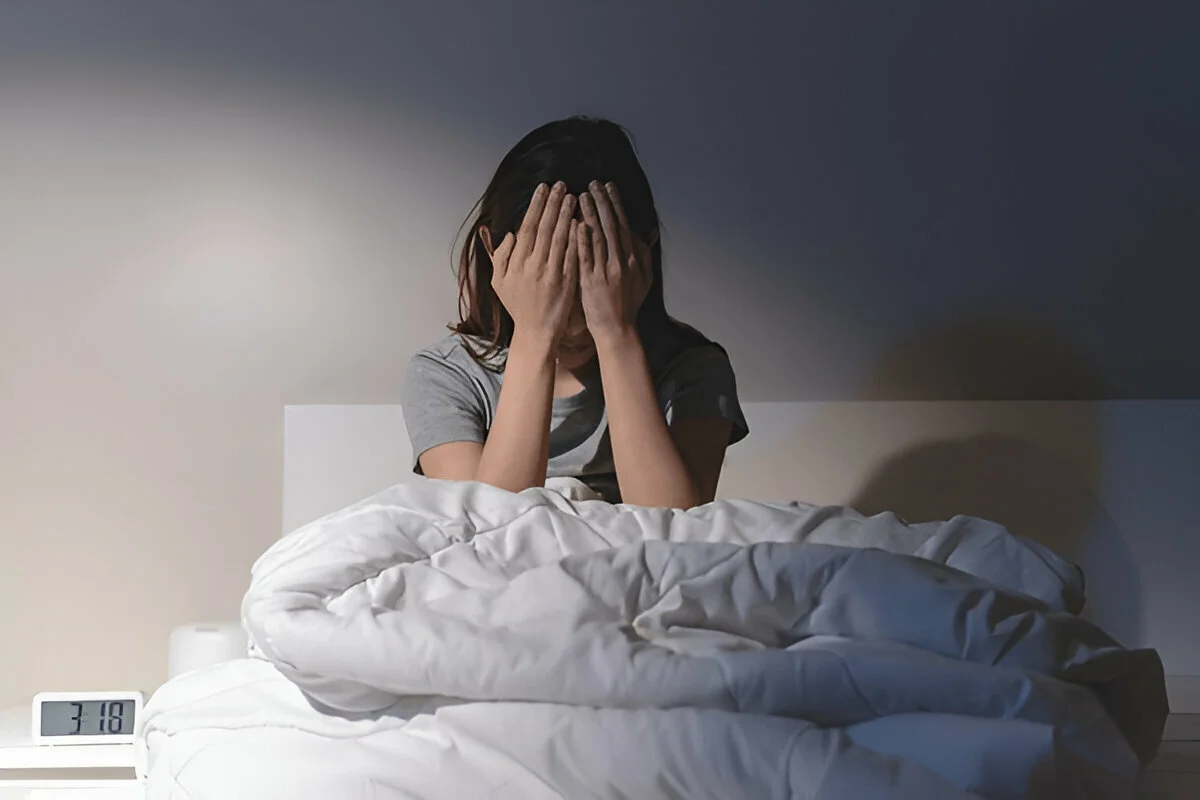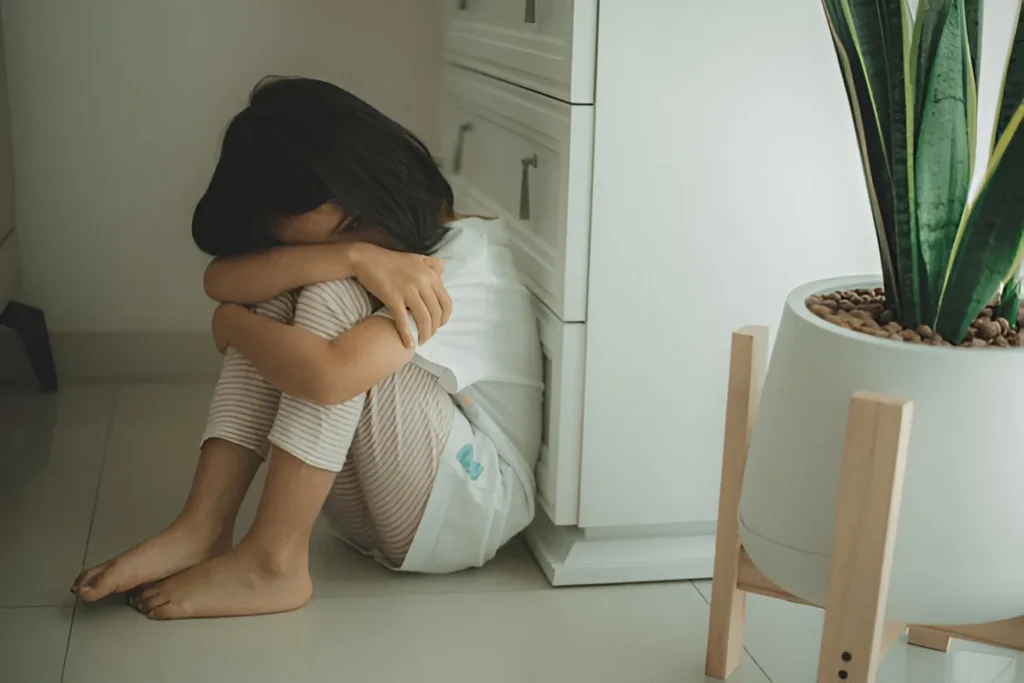-
129, Block-A Bangur Avenue, Mousumi Appartment, Kolkata 700055
129, Block-A Bangur Avenue, Mousumi Appartment, Kolkata 700055

Recognise anxiety symptoms in women early to support emotional wellness. Insights from a reputed Psychological Counselor.
Anxiety is often misunderstood as just “overthinking” or “being too sensitive,” especially in women. But it’s much deeper—a complex emotional and physiological response to stress, uncertainty, or unresolved trauma. Recognising anxiety symptoms early can be the difference between temporary stress and long-term psychological distress.
Mental health experts note that anxiety disorders disproportionately affect women due to a combination of biological, hormonal, psychological, and cultural factors. This is why early recognition and support are so crucial.

Women often juggle multiple roles—caregivers, professionals, partners—which can blur or mask early signs of anxiety. Catching these signs early helps in:
While anxiety symptoms can be different for everyone, certain early warning signs are more common in women. Here’s what to look for:

Understanding what influences anxiety can help with early recognition. Some contributing factors include:
If you suspect someone may be struggling with early anxiety symptoms, here are ways you can gently support them:
Anxiety thrives on uncertainty and lack of control. These simple yet powerful practices can aid in regulation and relief:
Sometimes self-care isn’t enough—and that’s okay. If these signs persist for more than 4–6 weeks or interfere with daily life, it may be time to speak with a licensed psychological counselor.
Many women suffer in silence out of shame or fear of being judged. But expert support can provide tools, therapy, and clarity needed for true healing.
A well-qualified, empathetic professional—such as the Best Psychological Counselor in Kolkata—can help identify the root of anxiety, offer personalized coping strategies, and foster emotional resilience.

Yes, women are more likely to experience internalizing symptoms like overthinking, fatigue, and emotional exhaustion, while men may externalize through irritability or risk-taking behaviors.
Absolutely. Life stages like menstruation, pregnancy, postpartum, and menopause can significantly impact anxiety levels due to hormonal imbalances.
Start by acknowledging the pattern and exploring non-judgmental conversations with someone trusted. Simple lifestyle changes and mental health journaling may help initially.
Yes, in many cases, counseling, cognitive behavioral therapy (CBT), mindfulness, and lifestyle adjustments are effective without medication—especially if caught early.
There’s no fixed timeline. With early support, lifestyle adaptation, and therapy, many experience significant relief in a matter of weeks to months.
Recognising anxiety symptoms in women early doesn’t just prevent future distress—it empowers healing. By knowing what to look for and creating safe, stigma-free environments, we can better support not just ourselves but those around us.
Mental health is not a luxury—it’s foundational. If you or someone you know relates to the symptoms discussed above, taking the first step toward support is the strongest act of self-care.